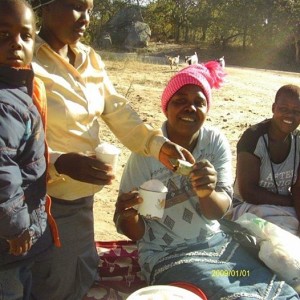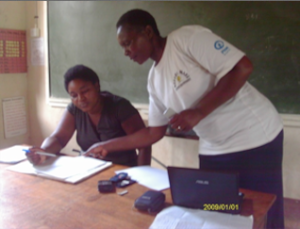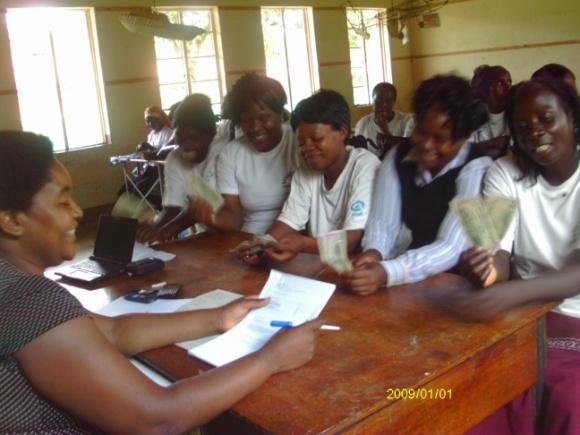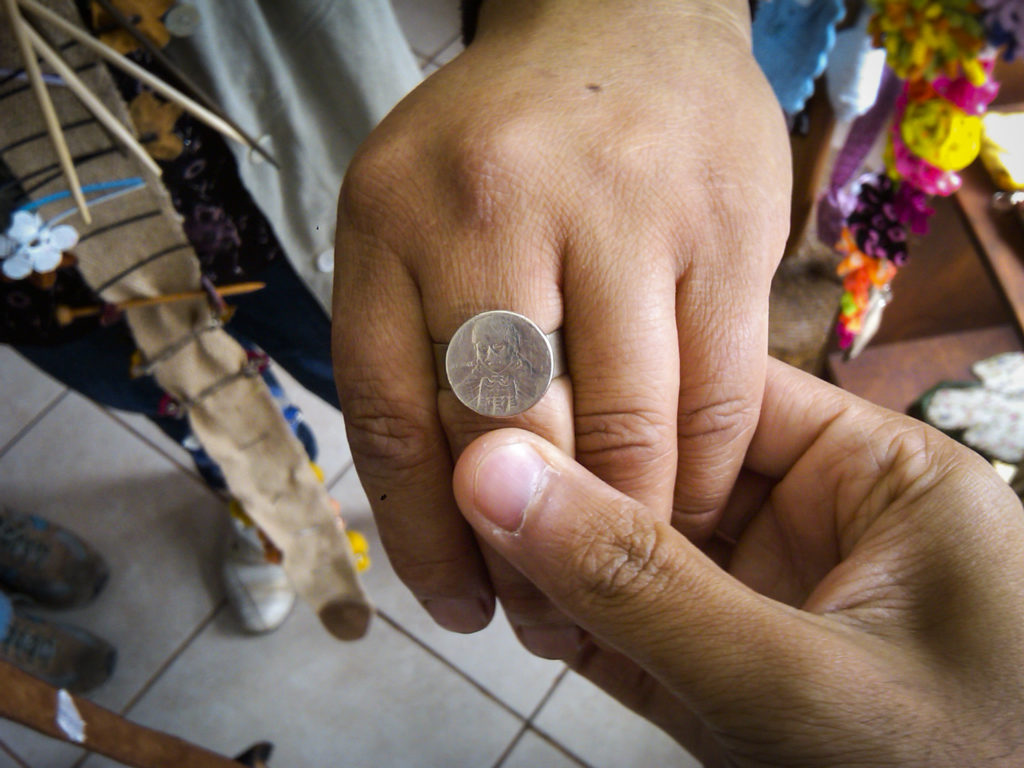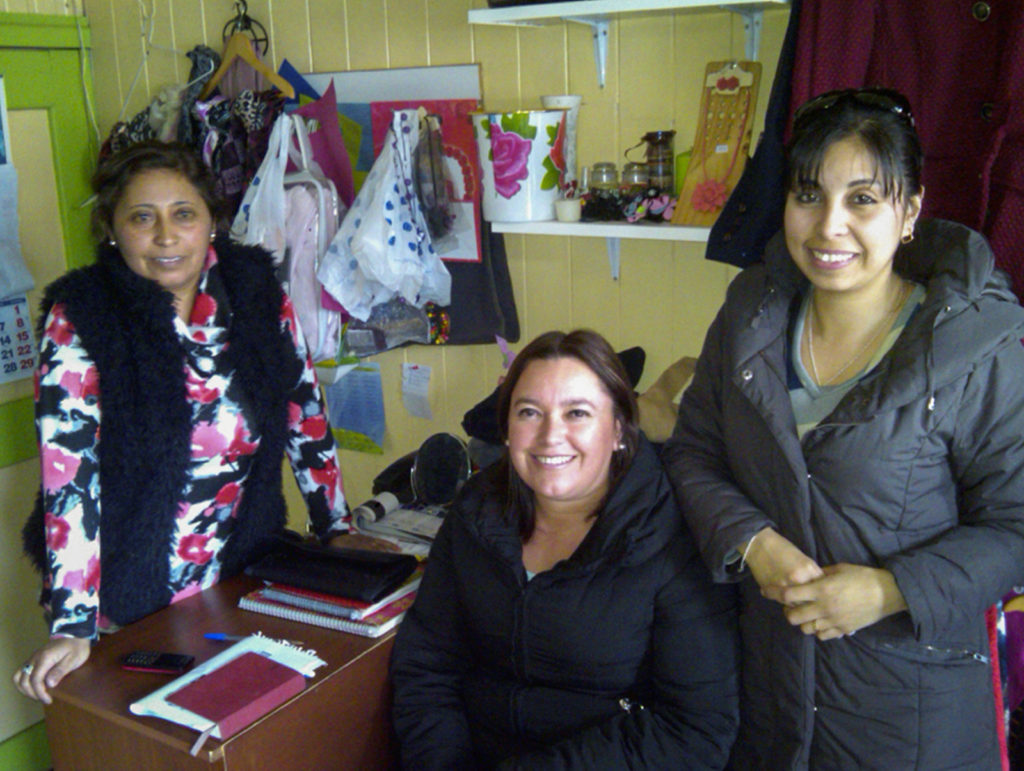This year, disasters such as the ebola outbreak, the earthquake in Nepal, and the humanitarian crisis in Syria have torn apart communities across our globe. Throughout each of these tragedies, we have heard over and over again how disaster relief efforts must be better suited to impact the unique needs of women, who are too often left vulnerable after these events.
Though the current lack of relief efforts directed toward women is disheartening, there is an inspiring number of stories of women who have taken charge of their own paths to recovery and relief while helping their communities. Women coordinated Red Cross efforts to help ebola victims in Liberia and beyond. Time published a powerful piece on women leading the effort to rebuild Nepal, and Buzzfeed covered the women who are learning self-defense to protect themselves and their families post-earthquake. Syrian girls and women in refugee camps have started their own schools, convinced families not to marry off their daughters, and more.

Samantha (left) is a hair stylist in Zimbabwe. She is using her SKIC micro-loan to raise chickens and invest the profits to build her own hair booth in the local market.
These women point to the need for formal disaster relief efforts to be women-led. Who better to target relief efforts to the needs of women than women themselves? As SKI Charities empowers women in Chile and Zimbabwe with the ability to lead through entrepreneurship, education, and art, we are also building a community of leaders who can respond bravely and sensitively if disaster strikes.


